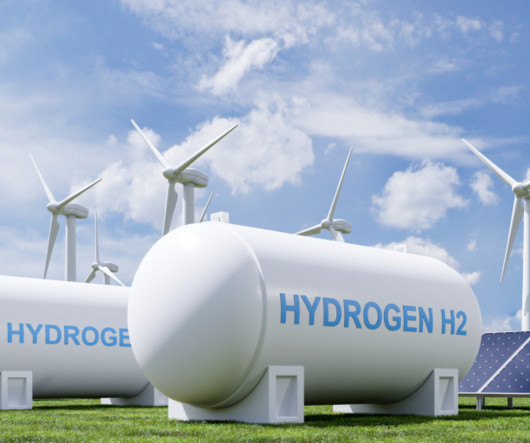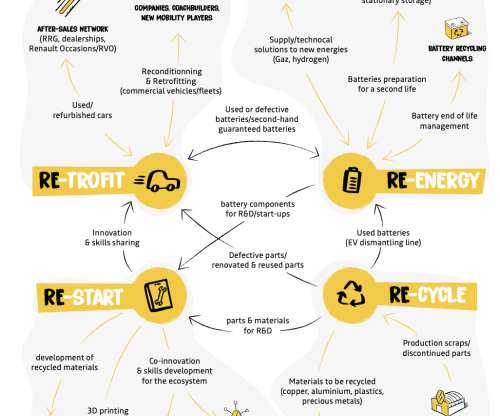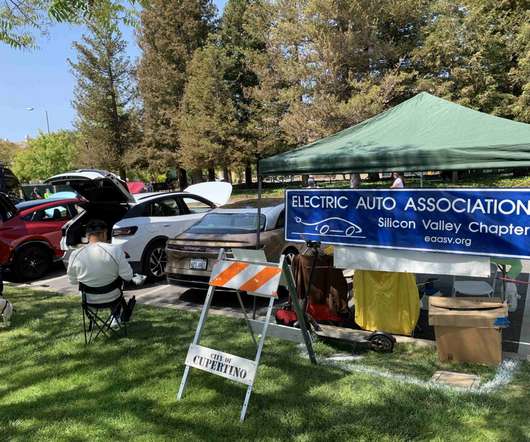Electric or hydrogen cars – which makes more sense for NZ?
Drive Electric
JUNE 25, 2023
With a growing emphasis on reducing greenhouse gas emissions and dependency on fossil fuels, two promising technologies have emerged as potential alternatives to internal combustion engines (ICE): Hydrogen Fuel Cell Vehicles (FCVs) and electric vehicles (EVs). What are Hydrogen fuel cell vehicles? Read more on How FCEVs work?

























Let's personalize your content